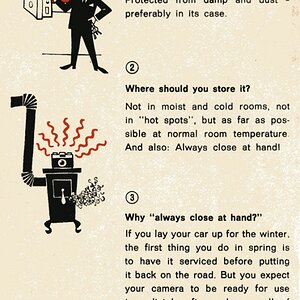Annamas
TPF Noob!
- Joined
- Jul 20, 2009
- Messages
- 82
- Reaction score
- 1
- Location
- Thunder Bay, Ontario
- Can others edit my Photos
- Photos OK to edit
I'm not sure where I stand on this subject, I'm somewhere in the middle. Here's the story.
I was driving around town about a week ago with my mom (she is moving back to Thunder Bay, but normally lives in Toronto, so I have not seen her in some time). We were hunting for a place for a great sunset shot, and a fish sculpture I saw in a FlickR group. My mom is a hobby photographer with an advanced Olympus point and shoot, and admires my DSLR. She is thinking about making the jump to a Canon DSLR we were talking about my wish list of lenses, citing a lens for people / street photography, and then the debate started.
She believes that street photography / candid shots were a violation of a persons privacy and dignity. When the subject knew they were being photographed, there was not an issue. However, when the subject had no idea that they were being photographed she was adamant that it was an invasion of privacy.
I know that legally speaking, in most places, photography is acceptable in public locations. Photographs of individuals in a public location are viable, and technically speaking should a photographer snap a shot of an individual they have no responsibility to honor those individuals requests. The exception occurring in the event of publication or situations where the photographer can profit from the photograph.
I was in the: if it is in public, it is fair game camp, while my mom was in the: invasion of personally privacy camp.
Since then, two things have made me reconsider my stance. The first was reading an article by a national geographic photographer about photography and human dignity. The name of the author escapes me, but it was in a book I had purchased and later returned. The just of the article is that regardless of the situation, the author / photographer always placed human dignity over photography and when possible would not take advantage of the human condition. The two examples he cited were a young girl who had been repeatedly raped by Malaysian pirates, who he came across on a beach after a natural disaster of some sort. Instead of photographing her in this vulnerable state, he provided assistance to her. The second example was that of a woman who was suffering from starvation / dehydration in an African country. She was nude, and as such as she passed out, the photographer covered her up. Other photographers at the time blamed him for ruining the composition of the shot.
The other thing that has made me reconsider was a photo posted in the People Forums of a man who fell asleep at a desk in a library. I stopped and thought, did he know he was being shot? Who has shot me without me knowing? Is there a picture of me somewhere on the web that I dont know about?
I had an idea of a collection of photographs. Thunder Bay is the center point in Canada, and if you plan do drive from the West to the East or vice versa, you have to go through this city. As such we have a large vagrant / hitchhiker population. Many of them find cardboard and scribble Will work for food, Spare Change needed, et cetera. At first I thought it would be really cool to get pictures of these people in black and white, dressed in their punk like outfits. In mind its a striking image. But now Im slightly ashamed of the thought.
So, Im curious what you all think. Where do you draw the line between photographic art and human dignity? When does photography ethically invade a persons privacy?
I was driving around town about a week ago with my mom (she is moving back to Thunder Bay, but normally lives in Toronto, so I have not seen her in some time). We were hunting for a place for a great sunset shot, and a fish sculpture I saw in a FlickR group. My mom is a hobby photographer with an advanced Olympus point and shoot, and admires my DSLR. She is thinking about making the jump to a Canon DSLR we were talking about my wish list of lenses, citing a lens for people / street photography, and then the debate started.
She believes that street photography / candid shots were a violation of a persons privacy and dignity. When the subject knew they were being photographed, there was not an issue. However, when the subject had no idea that they were being photographed she was adamant that it was an invasion of privacy.
I know that legally speaking, in most places, photography is acceptable in public locations. Photographs of individuals in a public location are viable, and technically speaking should a photographer snap a shot of an individual they have no responsibility to honor those individuals requests. The exception occurring in the event of publication or situations where the photographer can profit from the photograph.
I was in the: if it is in public, it is fair game camp, while my mom was in the: invasion of personally privacy camp.
Since then, two things have made me reconsider my stance. The first was reading an article by a national geographic photographer about photography and human dignity. The name of the author escapes me, but it was in a book I had purchased and later returned. The just of the article is that regardless of the situation, the author / photographer always placed human dignity over photography and when possible would not take advantage of the human condition. The two examples he cited were a young girl who had been repeatedly raped by Malaysian pirates, who he came across on a beach after a natural disaster of some sort. Instead of photographing her in this vulnerable state, he provided assistance to her. The second example was that of a woman who was suffering from starvation / dehydration in an African country. She was nude, and as such as she passed out, the photographer covered her up. Other photographers at the time blamed him for ruining the composition of the shot.
The other thing that has made me reconsider was a photo posted in the People Forums of a man who fell asleep at a desk in a library. I stopped and thought, did he know he was being shot? Who has shot me without me knowing? Is there a picture of me somewhere on the web that I dont know about?
I had an idea of a collection of photographs. Thunder Bay is the center point in Canada, and if you plan do drive from the West to the East or vice versa, you have to go through this city. As such we have a large vagrant / hitchhiker population. Many of them find cardboard and scribble Will work for food, Spare Change needed, et cetera. At first I thought it would be really cool to get pictures of these people in black and white, dressed in their punk like outfits. In mind its a striking image. But now Im slightly ashamed of the thought.
So, Im curious what you all think. Where do you draw the line between photographic art and human dignity? When does photography ethically invade a persons privacy?



![[No title]](/data/xfmg/thumbnail/40/40287-4f839095000f74d779b90ed75df9dc62.jpg?1619739408)
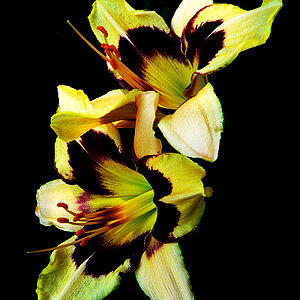
![[No title]](/data/xfmg/thumbnail/40/40284-f59f6230f0d5b9eacf977f8b0392f087.jpg?1619739407)
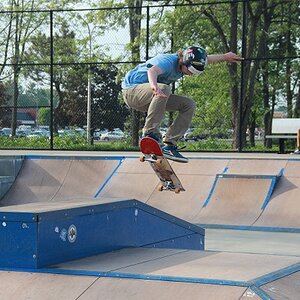
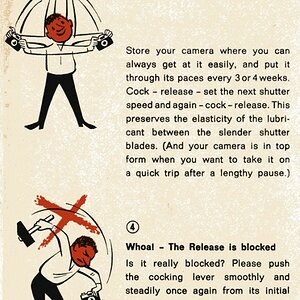
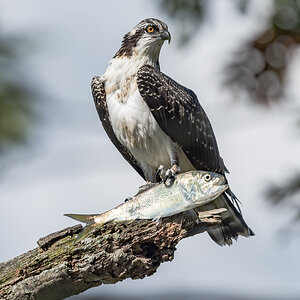
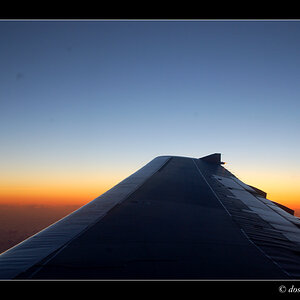
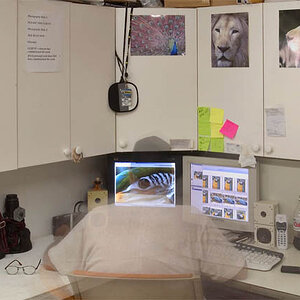
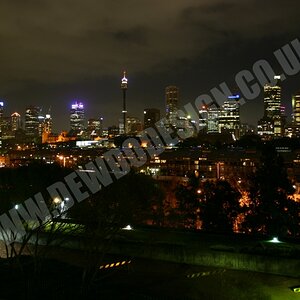
![[No title]](/data/xfmg/thumbnail/33/33362-84aacb865117bf8cba89104b89e9b36c.jpg?1619735927)
